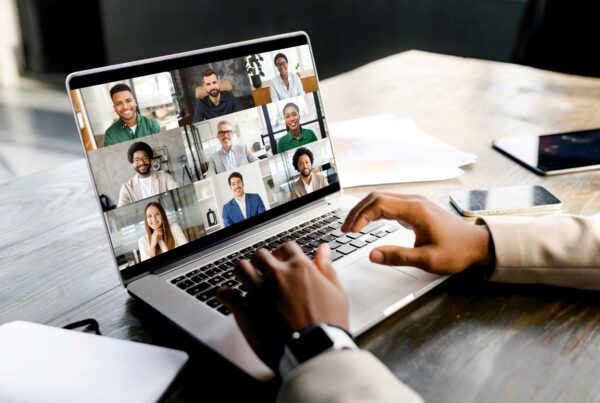It’s no secret that the modern workplace is changing. Globalization, digitization, big data, emerging technologies, changing demographics, and new definitions of work, all have a significant say in the matter. Today, Millennials make up over a third (35%) of the workforce. Gen Zers (those born after 1997) represent about 5%. These two generations are significantly different from Baby Boomers and Gen Xers, particularly regarding their work styles and ethics.
People no longer work for the same organization their entire lives. Lifetime employment at the same company is not seen as an incentive by younger generations since advancement opportunities depend primarily on retiring senior employees. It has given rise to part-time or short-term employment, shrinking benefits, with more significant numbers of staff members within organizations working 30 hours per week or fewer.
Coupled with all of the other disruptors that affect the workplace, people start seeing their skills losing in value. Without continually self-improving, both leaders and employees can find themselves unemployed, underemployed, or completely obsolete.
Without continually self-improving, both leaders and employees can find themselves unemployed, underemployed, or completely obsolete.
The Ability to Keep on Learning
Every skill has a sell-by date, and every position has a learning curve. Those that can build and maintain lasting careers also can keep on learning. Those who proactively further their knowledge remain competitive, while those that aim to be just “good enough” not only stagnate but actually regress.
To make matters worse, many organizations don’t take their workforce’s training seriously. And those that do focus mostly on compliance and leadership training. But not even this is enough to compensate for the disruptive trends happening all around. It’s for this reason why leaders need to take their personal development upon themselves.
Learning on the Fly
Learning on the fly will involve several unique talents.
The Growth Mindset – Those that have a growth mindset are always looking to challenge themselves and seek new ways of learning. Fixed minded people, however, believe in their innate abilities or inabilities. These limit their potential. Feeling helpless to improve a situation is a sign of a fixed mindset. Cultivate curiosity and mindfulness and always ask yourself how to do things differently. Make time for self-reflection and consciously unlearn outdated behaviours and information.
Recommended: Unlocking the Ability to Adapt by Learning Agility
Openness – Always be open to new ideas and possibilities and test your assumptions. Don’t fool yourself into thinking that your way is the only way of doing things. Only looking at evidence that supports your viewpoints will result in confirmation bias, which hinders openness. So, instead of assuming that you’re right, consider opposing opinions of being, at least, partially correct. Bill Nye “the Science Guy” once said that “Everyone you will ever meet knows something you don’t.”
Seeking Feedback – The higher someone climbs on the corporate ladder, the harder it will be to accept others’ opinions. Most leaders will use only 30% of the feedback they receive, while the rest is ignored or forgotten. It is a wasted opportunity for self-improvement, but it can be mediated by writing down input as it’s presented. Ask open-ended but specific questions and be mindful of how you respond to feedback. You run the risk of shutting down those that give you useful information if your tone, posturing, and expressions indicate you’re not ready to hear their opinions.
Recommended: The Art of Receiving Feedback
As an HR leader, you will need to take charge of your self-improvement as well as help others in your organization do the same. You can connect with your leadership team and turn them into highly adaptable and agile employees. For some complimentary advice, book an appointment at https://go.oncehub.com/GregNichvalodoff or call me at +1 (604) 943-0800.









